President Barack Obama’s December 2014 order to restore full diplomatic relations with Cuba sparked speculation that there would be new business opportunities to expand to the island nation. But President Trump has inserted considerable uncertainty about the future of U.S.-Cuba relations. “The policy that Obama launched of normalization is up for grabs,” said Ted Piccone in a recent interview with Ric Anderson of the Las Vegas Sun. “And the key factors are whether the powers that be in Washington can reconcile their very competing points of view on this issue.” He added: “We saw this in Trump as a candidate himself when he initially said, ‘I don’t mind this policy toward Cuba; I think I could have gotten a better deal. But by the end of his campaign, he went to Miami and said, ‘We’ve got to roll all this back; isn’t it terrible what Obama has done.’” The following is an excerpt of that interview.
Ric Anderson: Based on what happened in the election and since Trump’s inauguration, where do you see U.S.-Cuba relations going?
Ted Piccone: At the end of the campaign, Trump clearly made a pitch to the hard-liners in Miami. And people around him say that he really believes that he won Florida because of the Cuban hard-liners in Miami.
Now, the facts are otherwise. He won Florida because of a big over-vote of white voters in rural and suburban, central and north Florida. And in fact, Hillary [Clinton] won Miami/Dade County, where most Cuban-Americans live.
But nonetheless, you have a competition between those who want to see reversal of Obama’s opening to Cuba and those who want to see either status quo or just a moderate shift.
Within the Republican Party, there are many members of Congress who have submitted bills for lifting the sanctions against Cuba—particularly for farm exports. But some are also in favor of totally lifting the sanctions—Democrats and Republicans. A number of farm-state Republicans have gone down to visit and are trying to make the case that we could do business here. Cuba imports 70 percent of its food, and they are forbidden under U.S. law from extending credit.
So they have to buy in cash upfront [from the United States], but they have other options. They can buy the same product on credit from Mexico or Argentina or Brazil or Vietnam, etc., and that’s what they’re doing.
So [U.S.] food exports to Cuba are continuing to decline because we’re at a competitive disadvantage because of the U.S. law.
So there are some who want that lifted.
And then Trump organization representatives themselves went to Cuba to scout out potential hotel opportunities, golfing and resorts and whatnot, including [special representative for international negotiations] Jason Greenblatt. He has a family connection to Cuba, but we haven’t seen him act yet. All we know at this point is there’s a review of the policy under way. And you have folks like Secretary of Homeland Security Jack Kelly, who is very much in favor of engagement with Cuba and has said publicly Cuba is not a national security threat to us. Of course U.S. companies that are benefiting from the opening, particularly travel, air, cruise lines, [are in favor of engagement]. Construction companies are lobbying Commerce and Treasury to say we think there’s potential here.
So that’s the current outline of the debate, and that’s just within the Republican Party.
The Democrats are pretty unified in favor of continuing Obama’s opening, except for some Cuban-American members.
They’re [getting] ready to transition to this post-Castro era with younger leadership.
Meanwhile, what’s happening in Cuba in terms of its relationship with the U.S.?
They’re [getting] ready to transition to this post-Castro era with younger leadership. They want to preserve the gains of the revolution and update their model, protect the social and economic benefits that Cuban people have, but also open themselves up more to the world without losing control of the one-party state. That’s what they’re aiming for.
There’s another big factor in play, which is that the private sector in Cuba is beginning to grow. There are roughly a half-million self-employed people who own restaurants, B&Bs, taxi drivers, software engineers, translators, tour guides. And they are doing quite well. Tourism really has begun to take off.
And it seems to me in the big scheme of things that the United States should want the private sector to grow in Cuba, so we should maintain that kind of commercial relationship in addition to just good people-to-people diplomacy. I’ve talked to many, many people who’ve been on these trips, and of course I’ve done my share, and you really do get a chance to talk to Cuban people. They’re very friendly toward Americans.
Is the argument from the American and Cuban-American hard-liners at this point purely philosophical?
It starts with the nature of the Cuban regime. They say this is a repressive military dictatorship that beats up human rights activists, keeps political prisoners and has driven the economy into the ground. And life is terrible for most Cubans, and we need to help the Cuban people by getting rid of this government.
Now, many of these folks, either they or their parents lived in Cuba, so they feel a very personal attachment. They often talk about the fact that their properties were appropriated, they never got compensation; they want their property back or they want compensation. Fair enough on that. In fact, that’s one of the items on the bilateral agenda that wasn’t there before because of the opening. So there is a set of negotiations underway to resolve those property claims. It’s a tricky issue. Roughly, there are 6,000 claimants worth about $2 billion in 1960 dollars. So with interest and inflation it’s more like $7 billion or $8 billion. Well, the Cubans don’t have that kind of money. And they say, “We want money for all the damage you’ve done to our economy from the embargo.”
But there is room for compromise on this. The Cubans realize they need to negotiate these claims.
What do you see as the prospects of Cuba becoming a gambling destination again?
Some people hope that it will return to those glory days of casinos and gambling, but I really don’t think that’s going to happen.
Cuba has changed dramatically since the 1950s, and even though the cars are the same and the buildings haven’t changed much, the culture and economy are completely different. And there’s no sign yet that the Communist Party is willing to yield power to some kind of multiparty democracy, let alone a fully open, competitive, capitalist economy.
They certainly have been opening the door to more foreign investment within their defined priorities and categories—light industry, renewable energy, food production and, yes, tourism. But it’s not gambling tourism, it’s more sun and sand tourism, cultural tourism, art and music, that kind of thing.
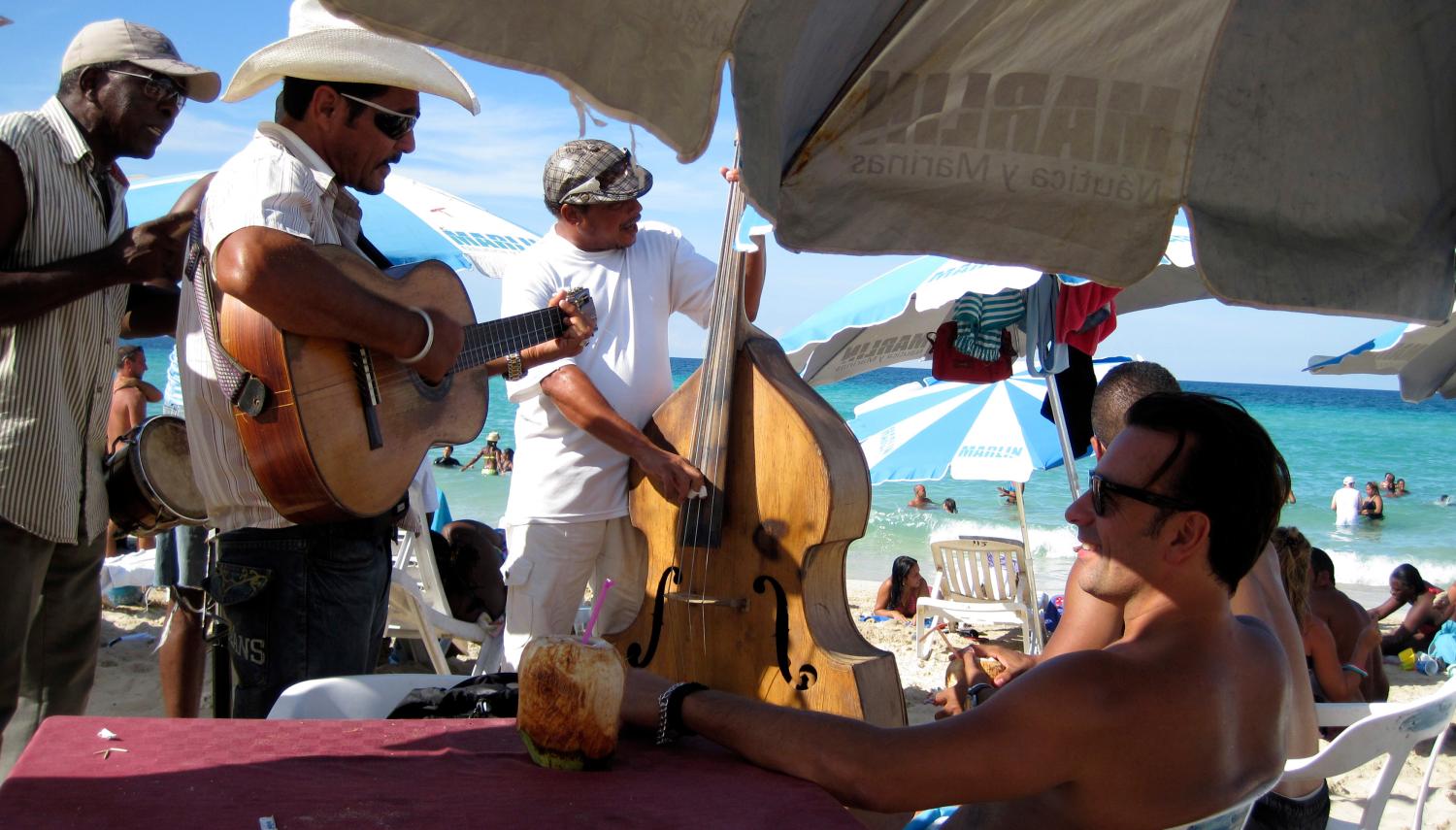
What’s the outlook for Guantanamo Bay?
President Trump has said clearly, we’re going to expand our detention center and put those bad guys from ISIS and al-Qaida into the detention center. That doesn’t seem to be going anywhere.
But you have the question of whether the naval base itself is important to our national security. There are all kinds of reasons we’d want to continue having a deep-water port there. Let’s say there’s a migration crisis, for instance, or there’s a humanitarian emergency—in the Haitian earthquake, we brought a lot of Haitians to Guantanamo—or we just want to maintain that presence in the Caribbean.
Some people say we can do it just as well from Louisiana or Alabama or Puerto Rico.
From the Cuban side, they’ve said this is a completely unfair agreement. It was negotiated 100 years ago, and it requires both parties to agree to end the lease. So the U.S. can say, nope, we’re not going to end the lease.
For the Cubans, it’s a great thorn in their side—they have been fighting for independence and they don’t even have territorial control of the country.
Who will be the next generation of leaders in Cuba?
Raul Castro is turning 86 this summer, and he’s the last of that historic revolutionary cadre that is moving on. So they’re trying to prepare a transition that would maintain the Communist Party’s control but update, modernize and liberalize in some ways—at least economically.
He has designated a second vice president [Miguel Diaz-Canel] to be the next president. He’s an interesting guy: He was the minister of higher education and he has an interest in expanding technology. We don’t know a whole lot about him, because they’ve kept him kind of low-profile. So it remains to be seen what’s going to happen when Raul steps down, which he says will happen in February 2018.
In the younger generation, we’ve seen a number of them just as hard line as the old generation. But there’s another group of millennials that is coming of age. They’re quite hopeful, and they say, “We want a normal country, we want to be open to the world, we want to be able to travel, we want to have professional lives.”
So if you look at it demographically in the age differences, the younger you go, the more open and progressive attitude you’ve seen. And you see the same thing in Cuban-Americans.
To what extent is Cuban society still closed off? How much has the internet given Cubans access to the outside world?
First of all, it’s very hard to get any access. Bit by bit, it’s getting better, but it’s slow. They have these Wi-Fi hotspots, so you go to a street corner and you see people looking at their screens. But for every one of those, there are 10 people who aren’t connected.
Literacy is very high, but what they actually have a chance to read is minimal.
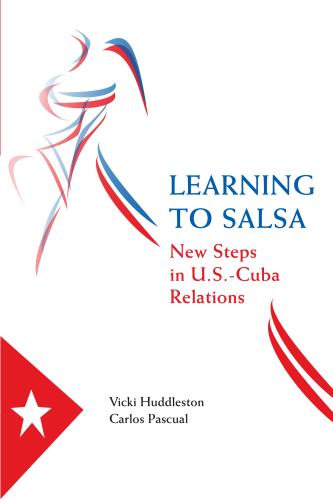
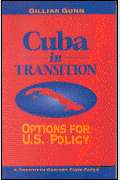
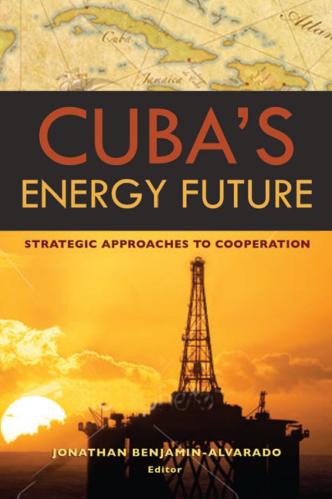

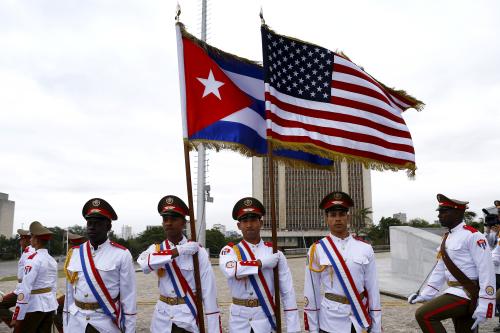

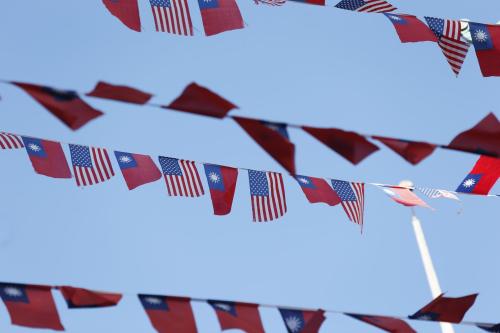
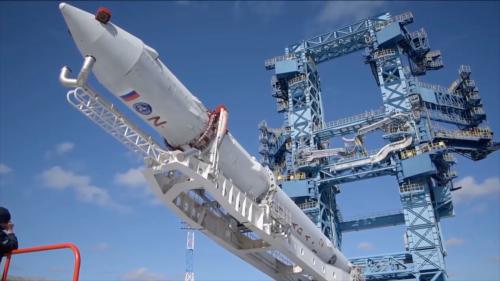
Commentary
The direction of U.S.-Cuba relations under Trump: An interview with Ted Piccone
April 17, 2017